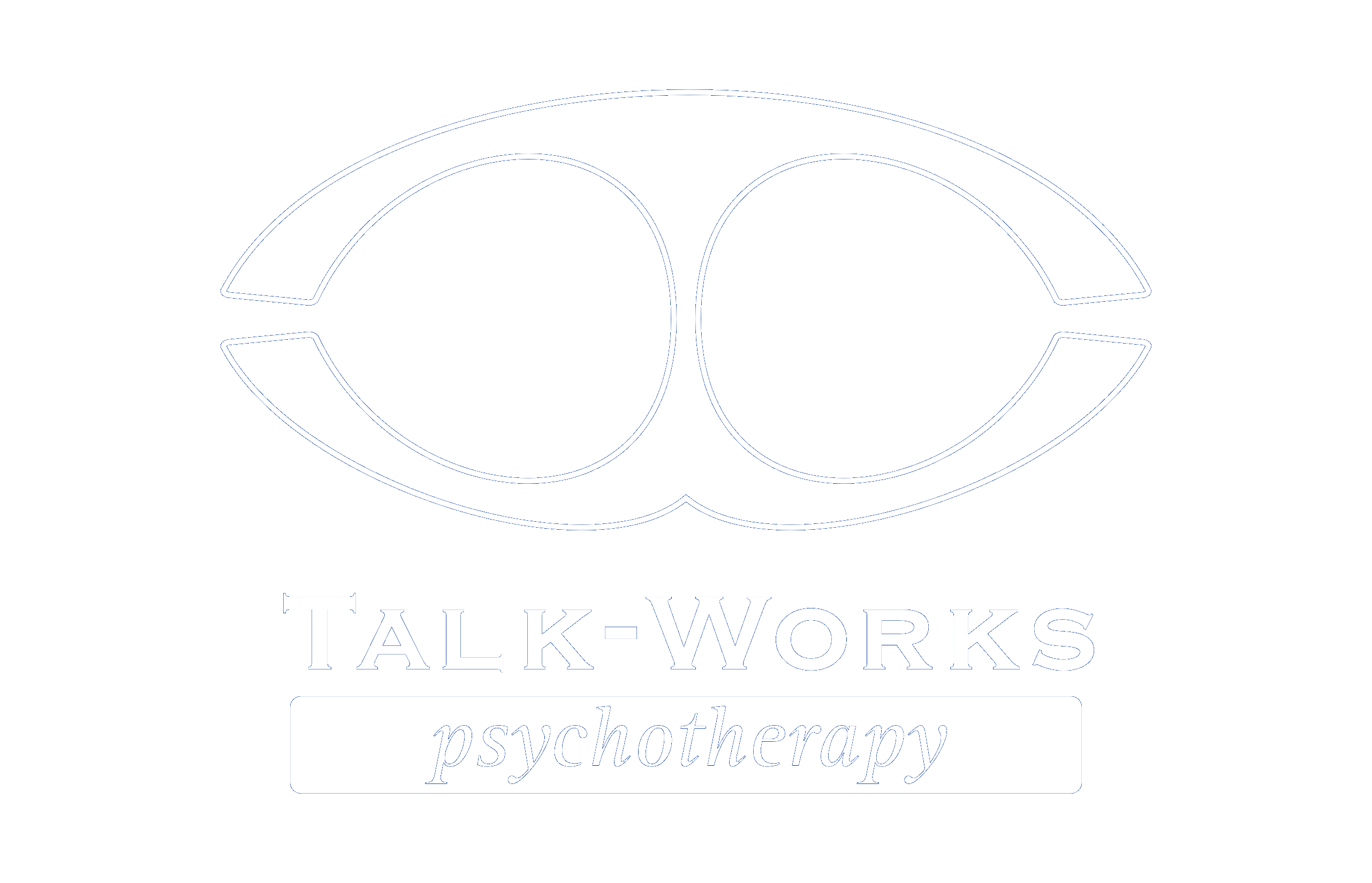My Favourite Quotes
Sometimes someone says something so well it seems sensible to repeat it.
I have them printed out on “thought cards” that I often give to my clients in face-to-face sessions.
Thought Card number 1
Finding yourself – by Emily McDowell
Finding yourself is not really how it works. You aren’t a ten-dollar bill in last winter’s coat pocket. You are also not lost. Your true self is right there, buried under cultural conditioning, other people’s opinions, and inaccurate conclusions you drew as a kid that became your beliefs about who you are. Finding yourself is actually returning to yourself. An unlearning, an excavation, a remembering who you were before the world got its hands on you.
Thought Card number 2
What we seek – by Alain de Botton
We believe we are seeking happiness in love, but what we are really after is familiarity. We are looking to re-create, within our adult relationships, the very feelings we knew so well in childhood and which were rarely limited to just tenderness and care. The love most of us will have tasted early on came entwined with other more destructive dynamics: feelings of wanting to help an adult who was out of control, of being deprived of a parent’s warmth or scared of his or her anger, or of not feeling secure enough to communicate our trickier wishes. How logical then, that we should as adults find ourselves rejecting certain candidates not because they are wrong but because they are a little too right—in the sense of seeming somehow excessively balanced, mature, understanding, and reliable—given that, in our hearts, such rightness feels foreign and unearned. We chase after more exciting others, not in the belief that life with them
will be more harmonious, but out of an unconscious sense that it will be reassuringly familiar in its patterns of frustration.
Thought Card number 3
Relationships – by Unknown (found on the internet)
Whether a relationship breaks up or remains together, the things that the people in it will be confronted with, and the work that they’ll be called upon to do (if they’re up for it) is pretty much the same.
Thought Card number 4
Patterns – by Karen Salmansohn
You need to recognise that you developed certain patterns of behaviour due to a “belief programming” you absorbed from those around you in the past or because these behaviours kept you from feeling unwanted, anxious, and hurt. You must now recognise that
these old patterns of behaviour are not working for you in your present. At this point, they are causing more harm than good. You
must accept that if you keep doing what you’ve always been doing you will keep getting what you’ve always been getting.
Thought Card number 5
Happiness – by Ralph Marston
Happiness is a choice, not a result. Nothing will make you happy until you choose to be happy. No person will make you happy until you decide to be happy. Your happiness will not come to you. It can only come from you.
Thought Card number 6
The Shadow – by Scott Jeffrey
The shadow is a psychological term for everything we can’t see in ourselves. The personal shadow is the disowned self. This shadow self represents the parts of us we no longer claim to be our own including inherent positive qualities. We can’t eliminate the shadow. It stays with us as our dark brother or sister. Trouble arises when we fail to see it. For then, to be sure it is standing right behind us.
Thought Card number 7
Male desire – by Esther Perel
Male desire needs to be looked at through a lens that incorporates relational and emotional factors. Sex is the language through which men have license to ask for love, tenderness, surrender, sensuality affection and more. Often sex is the only keyhole he has to fulfill these emotional needs.
Thought Card number 8
Addiction – by Gabor Mate
Addiction is manifested in any behaviour that a person craves, finds temporary relief or pleasure in but suffers negative consequences as a result of and yet has difficulty giving up.
A quote from Kenneth E. Miller (too long for a ‘Thought Card’)
The effect of poor parenting
For children especially, powerful emotions of fear, grief, and shame can be overwhelming and too intense to handle on their own. Without the help of a loving and supportive adult, kids will do anything to turn off intensely painful emotions: they will split off parts of themselves that carry these feelings (dissociation), engage in self-harm or become angry and aggressive, develop obsessive thoughts and compulsive rituals, or adopt a host of other strategies aimed at helping them cope with—and stay distant from—the feelings they are so frightened of. As they grow into adolescents, they may turn to numbing themselves with alcohol and other drugs, constantly distract themselves online, use cutting or other forms of self-harm to substitute a controllable source of pain for the overwhelming emotional pain they are avoiding, and to break through the sense of numbness that comes from blocking out the capacity to feel. Eventually, as adults, they may experience what feels like an internal civil war between split-off parts of themselves who want conflicting things: attachment and intimacy, a desire to be seen and accepted, in conflict with a desire to stay distant from other people in order to avoid any further pain.

